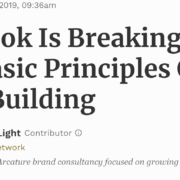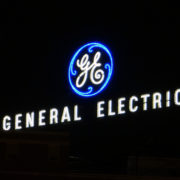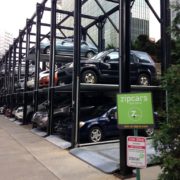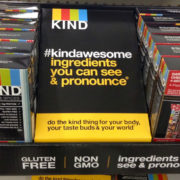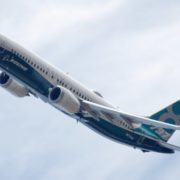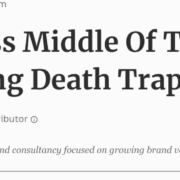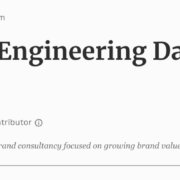Right before Labor Day, Coca-Cola purchased Costa Coffee. If you have been to the UK, other parts of Europe, or Asia, you will understand that Costa Coffee is the second-largest coffee shop chain in the world, just behind Starbucks. In the UK, Costa has 2,500 stores. The brand has 3,800 stores in 32 countries.
This purchase is yet another segue away from a cola-uber-alles approach to a beverage strategy that better reflects people’s changing tastes. According to Barron’s, Coca-Cola’s sales declined every year since 2012, while coffee in all of its forms, is still strong. Coca-Cola is recognizing that continuing to focus on what worked in the past is not necessarily a winning strategy for today.
Coca-Cola ceded coffee primacy to others such as 1) Nestlé (owner of Nescafé) that cemented a deal with Starbucks to sell the brand’s teas and coffee drinks globally, and bought the boutique brand Blue Bottle and 2) JAB, a European holding company, owns Peet’s Coffee, Stumptown, and Keurig Green Mountain. From a brand-business standpoint, Coca-Cola is working to reverse behaviors that are strategically insensitive. Strategic insensitivity is a result of failing to pay attention to changing customer needs, problems, beliefs, and values.
There are legitimate concerns that Coca-Cola is not capable of managing actual brick-and-mortar stores. The firm’s strengths are elsewhere. Additionally, there are concerns that buying Costa gives Coca-Cola a lot of global real estate, an area in which Coca-Cola has not played.
These arguments overlook all the experience Coca-Cola will receive through its purchase of Costa. Costa knows a great deal about how to run coffee shops. Unless Coca-Cola decides to dismiss a raft of Costa executives, these concerns are slightly misplaced. It is true, that actually owning and running coffee shops is not something Coca-Cola is known for, however, there are few brands that work with restaurants better than Coca-Cola. When Coca-Cola works with big customers such as McDonald’s, a team is embedded in the McDonald’s offices. The team knows what is going on with customers, with customers’ needs, and most specifically, the team is on top of the logistical and service requirements needed at all the McDonald’s restaurants.
Coca-Cola, whatever its problems, is showing that even big, embattled behemoth brands can exhibit strategic agility. Coca-Cola is revealing that it is open to and able to evolve when disruptions happen or business, environmental, political, geographic circumstances alter the landscape. Coca-Cola is fighting against the arrogance of success by expanding its horizons into more popular beverage areas. By changing its perspective on the beverage landscape, Coca-Cola is leading with strategic dexterity, being resolute and responsive, disciplined and dexterous, at the same time.
Even though investors are on the fence, unconvinced that Coca-Cola is making the right move with this expensive acquisition, one investor group executive told Barron’s the following, “I continue to remain Neutral on Coke, but I like when companies continue to diversify their core businesses, and this is another turn in the company’s long history. The Costa acquisition is a bold move by Coke as it continues to expand outside of its core beverage business and increase its retail presence.”


